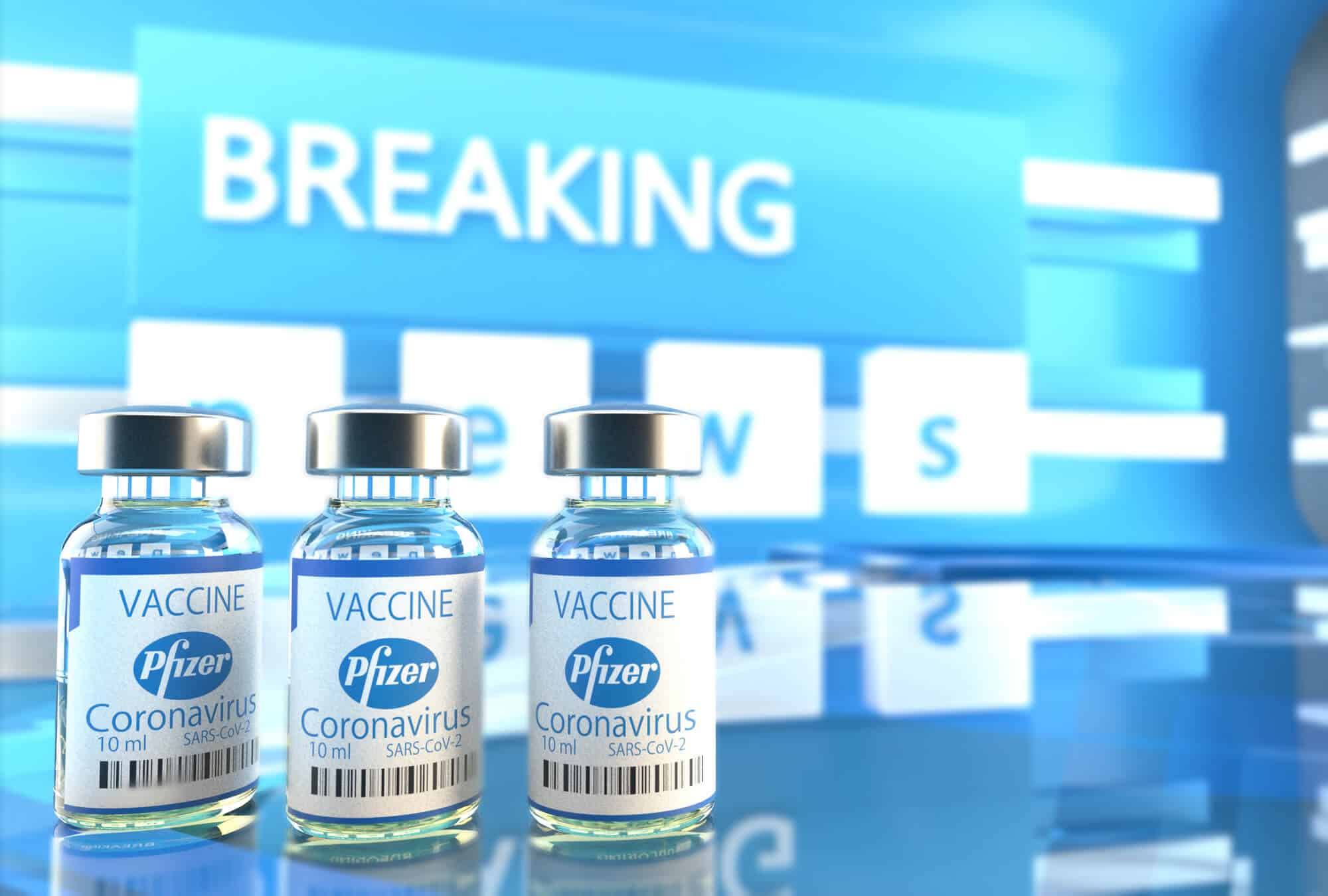A new study published this month by researchers from the Hebrew University rates the effectiveness of various vaccines to prevent corona

Researchers from the School of Pharmacy and the Faculty of Medicine at the Hebrew University of Jerusalem compared the effectiveness of nine vaccines against symptomatic corona disease and severe disease among the adult population. In a new study published this month by Dr. Victoria Rothschild, Dr. Broria Hirsch-Rakah, Dr. Jan Miskin, Prof. Mordechai Moushkat and Prof. Ilan Metok in the scientific journal "Scientific Reports" from the Nature group, they compare the effectiveness of new vaccines against the corona virus, based on the results of Clinical studies conducted on each vaccine separately. The method of analysis they used was machine network meta-analysis - (NMA) - a method that allows you to combine and compare results from different studies, even when in none of the studies was a direct test of the effectiveness of one vaccine compared to another. The use of data analysis makes it possible to estimate relative effectiveness between each pair of vaccines and even their rank in terms of the probability of being the most effective vaccine.
The vaccines included in the study: Two mRNA vaccines - a company Pfizer (BNT162) and company modern (mRNA-1273); Two vaccines that use a different virus (adenovirus) carrying a DNA segment of the Corona virus - a vaccine of AstraZeneca and Sputnik vaccine; A vaccine that uses adenovirus to transfer the S protein of a company's corona virus Jansen; A vaccine containing the S protein of a company's corona virus novavax; Three vaccines based on "classic" technology containing an inactive corona virus of a company Synopharm And the company A nephew.

According to the results of the study, the subjects vaccinated with the Pfizer and Moderna mRNA vaccines have the lowest relative risk of contracting symptomatic corona, compared to the other recipients of the vaccines tested in the data analysis. Pfizer vaccinees had an 85% lower relative risk of developing symptomatic disease than AstraZeneca and Janssen vaccinees. a similar figure (79%) was observed among Mahosani Moderna compared to AstraZeneca and Jansen. Two vaccines m were rated as having the highest probability of preventing symptomatic disease among the adult population compared to other vaccines.
The researchers rated the probability that a certain vaccine would protect in the best way compared to the other vaccines:
- Pfizer – 95%
- Modern - 84%
- Sputnik – 78%
- novavax - 70%
- A nephew - 57%
- Two vaccines Synopharm – 43% and 33%
- Janssen and AstraZeneca – 20%
In addition, a trend of higher effectiveness of mRNA vaccines in preventing severe corona disease was observed. The researchers found no difference between the various vaccines in terms of their effectiveness in preventing symptomatic disease among a population over the age of 65.
The results of the study can contribute to determining the vaccination policy in combination with other variables such as the availability of the various vaccines, side effects, costs, storage conditions, transportation and more.
The researchers qualify the results and point out that the NMA method combines the results of different studies, assuming that the studies are similar in terms of design, population, when in practice there are always differences to one degree or another between the studies. This is especially important in the context of corona research, when we witness changing waves of morbidity in terms of the level of morbidity in the population, geographic location, different variants of the virus and their resistance to vaccines. Each variable may affect the results of vaccine efficacy in each individual study and thus affect the relative efficacy as calculated in the NMA.
More of the topic in Hayadan:
- About the claims against the corona vaccine - and all the answers
- New technology allows a "peek" into what is happening inside cells
- Researchers have succeeded in developing a platform for effective gene therapy in cancer, without side effects
- The triple of the corona
- About the Helsinki Committee - and the dance about the two weddings
